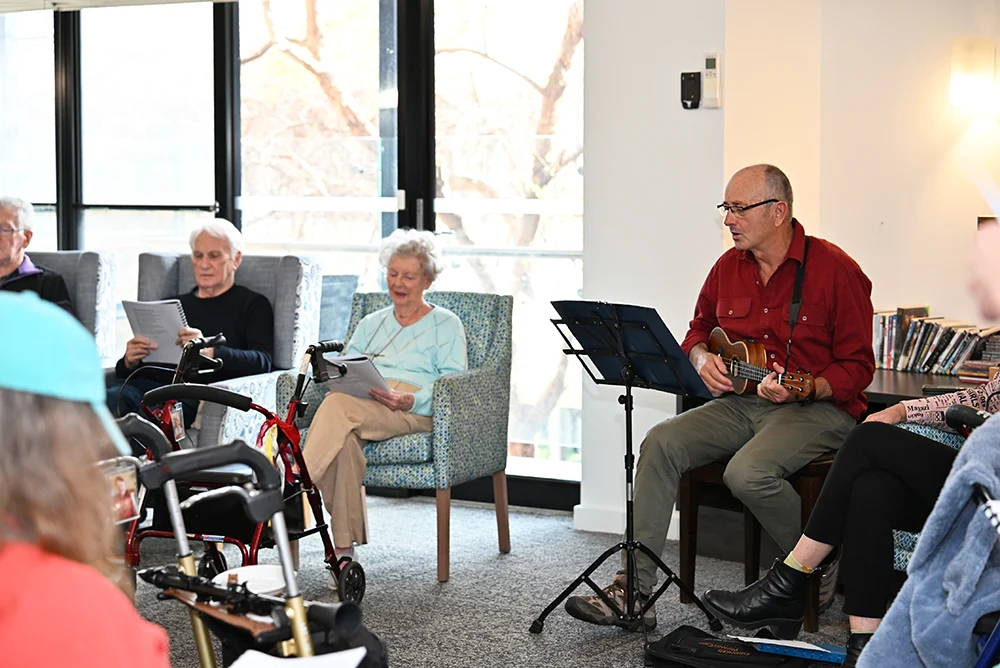How Home Care Helps Prevent Isolation for Seniors

The past few years have forced Australians to spend a considerable amount of time at home. While necessary to prevent the spread of the coronavirus, it’s led to an exacerbation in existing mental health issues for the general population, and an increase in short-term rates of depression.
It’s also shined a spotlight on the topic of isolation among seniors.
Estimates are that 50% of Australians over the age of 60 were at risk for social isolation and loneliness even before the COVID-19 pandemic. For reasons ranging from letting go of driving a car, to limited finances and mobility impairment, ageing Australians experience higher incidences of isolation.
What people aren’t often aware of is just how dangerous isolation can be for a senior living alone.

Isolation is a Public Health Concern
It’s not just in this country that researchers are recognising the dangers of seniors being isolated. The issue spans the globe. It is almost as harmful as smoking and can result in a variety of health conditions, including:
- Obesity
- Depression
- Heart disease
- Diabetes
- High blood pressure
Researchers say isolation in ageing Australians is linked to early mortality.
What can you do to help an older adult in your family avoid the perils of social isolation and loneliness? One solution can be to utilise the services of a home care agency.
Benefits of Home Care for Ageing Adults
First, older adults with chronic health conditions or mobility challenges will find having a helping hand to manage daily activities promotes greater independence. It can also decrease the likelihood of a senior having a fall. An in-home carer can assist with tasks and chores such as:
- Light housekeeping duties
- Healthy meal planning and preparation
- Grocery shopping
- Medication management and reminders
The carer can also provide transportation, which allows the older adult to get out and about in the community more easily. It might be to attend a local event, a hair appointment, their favourite store or a family gathering.
Whatever the destination, home care can increase social interaction and community involvement for clients.
Another option is home care companionship services. A carer can be a friendly face for an older adult whose family members live far away or work full-time, or for those seniors who are on their own. Companions from an in-home care agency are available to do the following:
- Have a cosy chat over a cuppa and a biscuit – discovering similar interesting and spending time reminiscing
- Go for a walk together in their neighbourhood or local park
- Play games or engage in craft activities
- Stroll through a local shopping centre or museum
- Write letters for them, or read the newspaper
- Go for a scenic drive down the beach, or through the bush
- Assisting your loved one with a favourite hobby, such as bonsai gardening
However the older adult chooses to spend their time with a home care companion, the end result is less isolation and a lower risk of the health problems associated with it.
Paying for Home Care Services
We understand you may have concerns about how an ageing loved one will pay for in-home care. Fortunately, there are programs that help seniors finance care. Contact us today to learn more about services or to speak with a friendly team member about the programs available to help pay for home care costs!










